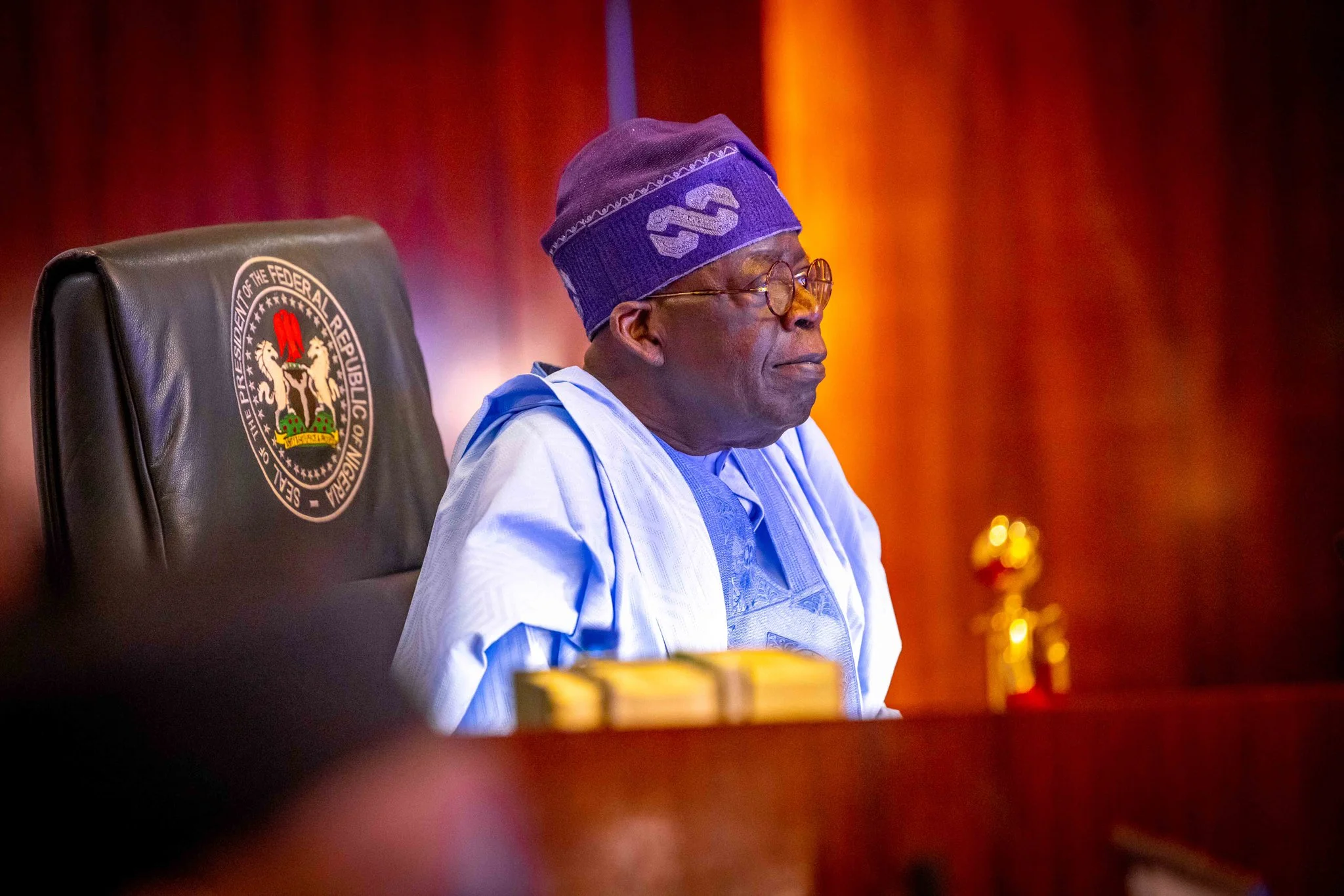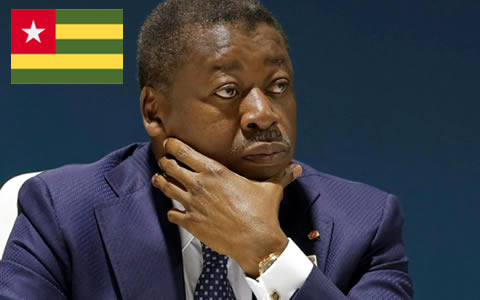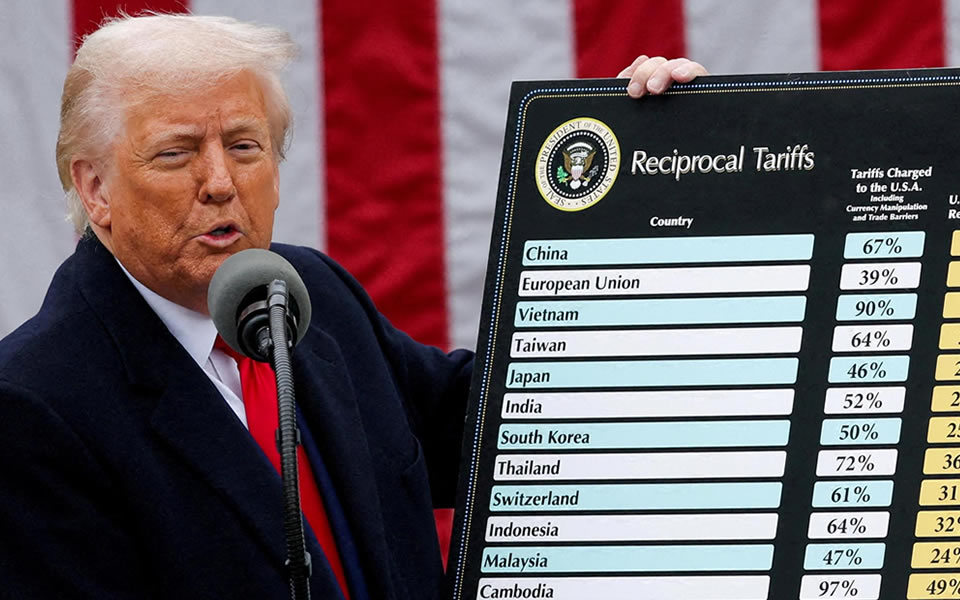
Senegal: Postponed Elections & Looming Political Unrest
February 5, 2024
Burkina Faso: Departure from ECOWAS & Increased Engagement with Russia, China & Iran
February 8, 2024NIGERIA: GROWING DOMESTIC PRESSURE TO ADDRESS DOMESTIC INSECURITY
Nigeria's Security Snapshot for January 2024
395
Security Incidents
-2.95%
710
Fatalities
-15.38%
57
Identified Security Actors
Most Active
Civilian Groups
Nigerian Military
ISWAP
Nigerian Police
Summary
In January 2024, Nigeria faced a significant challenge in its security landscape, with a pressing need for effective responses to persistent high-fatality events and diverse security threats. The country recorded 395 security incidents resulting in 710 fatalities, a slight decrease in incidents but still a troubling prevalence of violence. This situation, encompassing civilian-targeted violence, armed clashes, and explosions, was most acute in Borno, the Federal Capital Territory (FCT), and Katsina States, highlighting the geographical spread and depth of Nigeria's security challenges.
Background
January 2024 revealed a complex picture compared to December 2023, with a slight reduction in incidents but continuous high-fatality events. High-impact incidents, like air strikes and violent clashes, particularly in Kamfanin and Gindiri, resulted in significant loss of life, underscoring the volatility in certain regions. This backdrop has intensified domestic pressure on authorities to find effective solutions.

President Bola Tinubu of Nigeria.
Activities of Major Security Actors
The period saw proactive engagements by the Nigerian military, insurgency groups, communal militias and unidentified armed groups. The military's assertive operations, including air strikes, contrasted with the activities of non-state actors, who contributed to the violence through attacks on civilians and armed clashes. This diverse actor involvement underlines the complexity of aligning security strategies with national objectives.
International & Regional Dynamics
International concern and involvement, notably from the US, in West Africa's security challenges have brought additional focus to Nigeria's situation. Domestically, President Bola Tinubu's administration is under increased scrutiny over its handling of security issues, with mixed responses to its strategies, including the "Pulaaku Initiative" and significant funding for non-kinetic solutions.

President Tinubu met with the military service chiefs & heads of Nigeria's security agencies in early January to discuss key national security issues.
Analysis
The security challenges in Nigeria, marked by a marginal decrease in incidents and fatalities, continue to be multifaceted and deeply rooted in geopolitical, socio-economic, and political factors. The ongoing high-fatality events and the involvement of a range of security actors indicate the complexity of the challenges. Addressing these issues demands a comprehensive strategy that includes socio-economic development and political reforms alongside robust security measures.
Internal Political Dynamics
The domestic political environment is increasingly focused on security, with President Tinubu's administration facing both criticism and support over its handling of security issues. The implementation of the "Pulaaku Initiative" and allocation of funds for non-kinetic solutions reflect a strategic shift but also add to the pressure for tangible results.
Geopolitical & Socio-Economic Factors
The distribution of security incidents is influenced by geopolitical and socio-economic factors, with Borno's issues tied to insurgent activities and Katsina's struggles linked to economic and governance deficits. These underlying factors shape the nature and persistence of security challenges.
Nature of Security Incidents
The incidents, ranging from armed clashes to civilian-targeted violence, reflect a disturbing trend of non-state actors targeting non-combatants and the ongoing battle for control and influence in various regions.
Impact of External Factors
The international dimension, particularly the United States' involvement, underscores the global significance of Nigeria's security strategy and the balance required between national sovereignty and international cooperation.
Forecast for February 2024
The outlook for February 2024 remains challenging, with a high probability of continued security issues in hotspot areas and persistent political debates over the effectiveness of current security strategies. The forecast is as follows:
- A significant decrease in overall security incidents and fatalities is unlikely due to entrenched challenges.
- Ongoing security incidents in Borno and Katsina are very likely, given the historical and current trends.
- Increased military and security operations in response to insurgent activity are likely.
- Continued political criticism and debate over government security measures are expected.
- Potential for increased international involvement in Nigeria's security affairs, especially in terms of knowledge transfer and intelligence sharing.
- Implementation of non-kinetic measures like the "Pulaaku Initiative" is possible, although immediate impacts may not be evident.
- Resolving high-profile security incidents such as kidnappings and major attacks remains a complex and unlikely short-term goal.

President Bola Tinubu made national security a key component of his campaign platform and is facing growing domestic pressure to improve Nigeria's security situation



